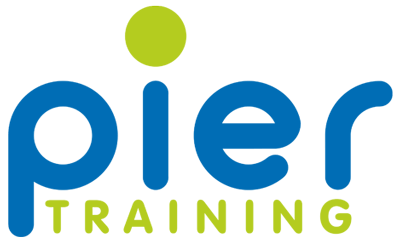COURSE
Level 5 Coaching Professional Apprenticeship Standard
Job Roles this qualification is suitable for:
- Interact with coachees as their primary contact, bringing a fresh, independent perspective to Support the individual/team/organisation with the development of its people.
- Interact with a wide range of stakeholders including line managers, senior leaders and/or heads of the organisation. The stakeholders they engage with may be at any level, including those seniors to the coach.
- Engage with Human Resources teams, Learning and Development teams, and Organisational Development teams, learning providers, professional bodies, psychometric providers, coach training providers, the coach supervisor and peer to peer networks.
- May also interact with occupational health, support organisations, faith-based organisations and/or charities etc. to provide specialised support as needed to suit the circumstances.
The aim of the qualification
- Theories of emotional and social intelligence
- Organisational culture and leadership styles
- Coaching theory
- Methods of communication and listening skills
- Personality type theories
The programme consists of the following:
- Occupational Duties covering Knowledge, Skills and Behaviours of the required standard
- Level 2 Functional Skills in maths
- Level 2 Functional Skills in English
- End Point Assessment
End Point Assessment
An End Point Assessment will be carried out by staff from an independent End Point Assessment organisation approved on the Register of End Point Assessment Organisations. The End Point Assessment will test the entire apprenticeship standard, and be undertaken as follows:
- Compiling an Online Portfolio
- Observation with questions
- Interview supported by portfolio of evidence
- Knowledge Test
The End Point Assessment requires apprentices to demonstrate they have achieved the standard. A Pass Merit or Distinction can be achieved.
Assessment Gateway
Before the apprentice is adjudged ready to undertake the end-point assessment by their employer and learning provider, they will need to:
- Consistently working at, or above, the level of the occupational standard
- Achieve Level 2 maths and English Functional Skills
- Complete a portfolio of evidence
- Completed their learning journal to have achieved at least 20% OTJ hours
The purpose of the End Point Assessment is to test (in a synoptic way) the skills, knowledge and behaviours of the learner as set out in the apprenticeship standard.
How long will it take to complete?
Progression routes:
- The European Mentoring and Coaching Council
- The Association for Coaching
- The International Coach Federation
